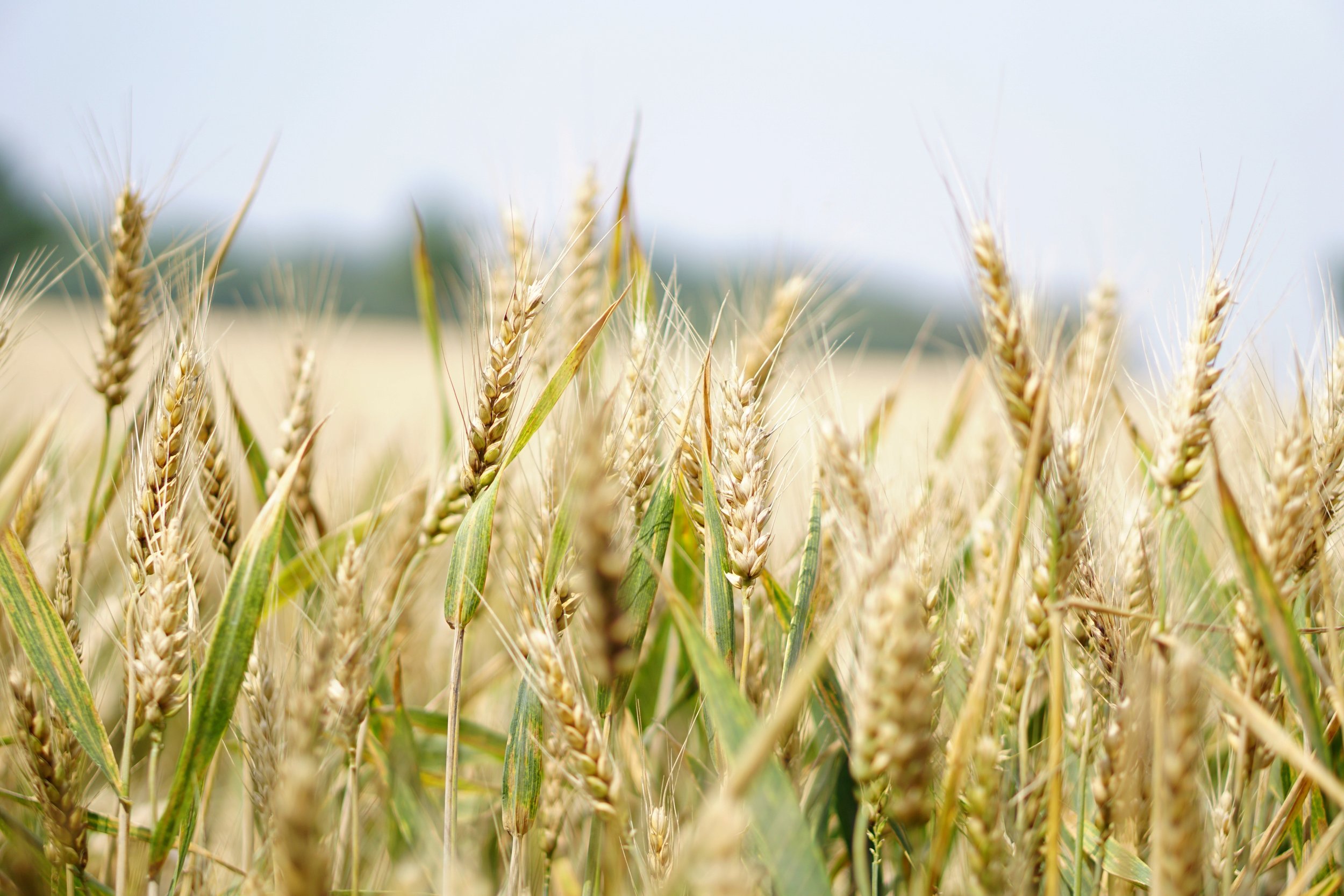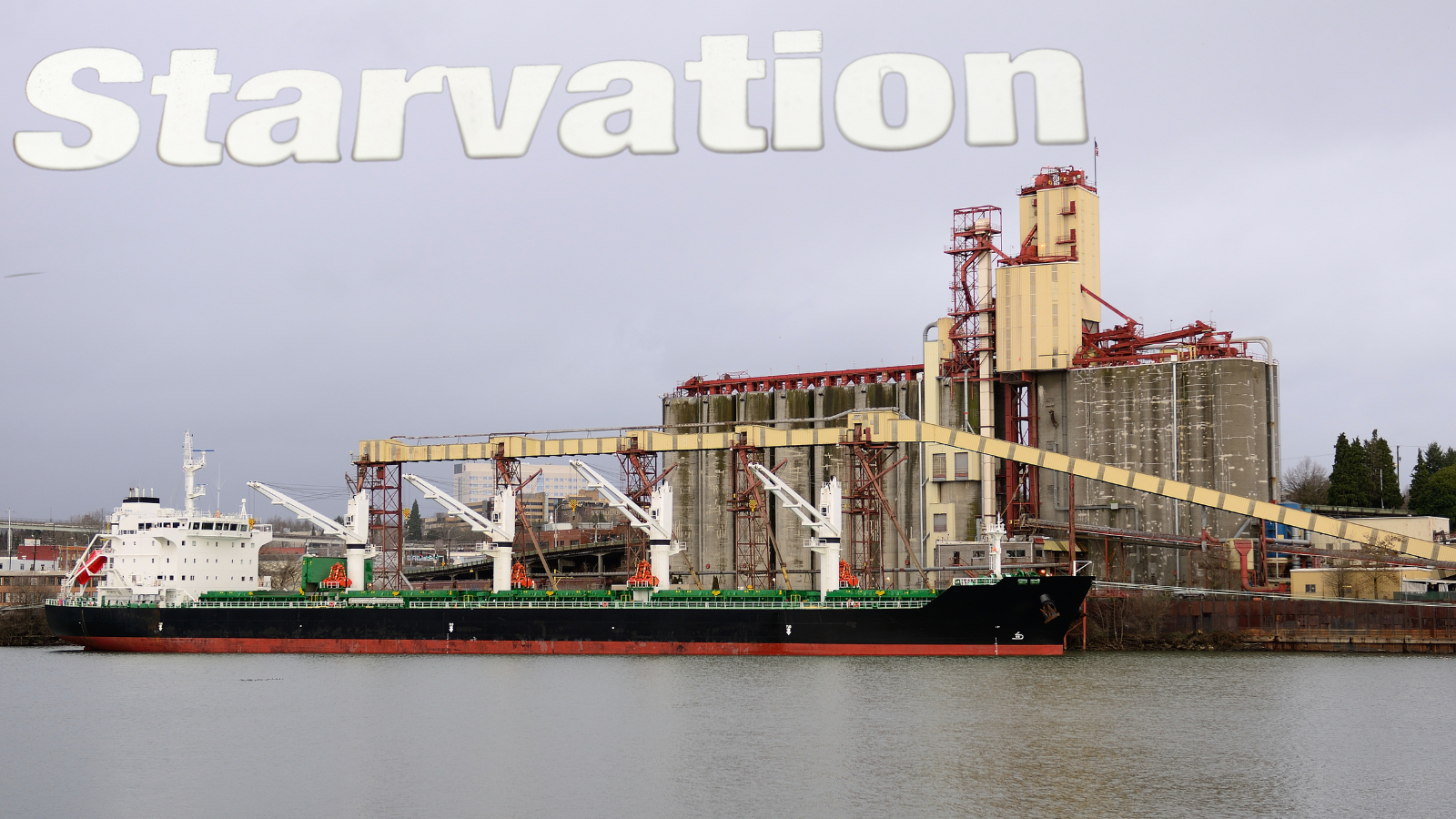Global supply chain issues have a new culprit: the Mississippi River
💧 Global supply chain issues have a new culprit: the Mississippi River.
Though disrupted supply chains are nothing new, the main waterway from Minnesota to Louisiana has been the victim of record-low water levels due to very little rainfall. This drought situation has only increased as the situation persisted throughout October and the barges that usually depend on the Mississippi to transport key commodities such as petroleum, woof, coffee, corn, soybeans, iron, and chemicals are in danger of running around in the sand. Approximately 60% of all grain exported from the United States is moved through the Mississippi River, and with the Midwest’s harvest being lodged in the waterway… the rest of the world deals with another slow stream of grain as winter approaches.
Russia's decision to withdraw from a grain export deal with Ukraine has escalated concerns about global food supplies and prices.
Wheat prices experienced a significant increase following Russia's actions targeting Ukraine's grain export infrastructure.
The expiration of the Black Sea grain deal, which allowed Ukraine to export grain via the Black Sea, is a significant development with implications for global food prices and the World Food Programme (WFP).
The United Nations-brokered Black Sea Grain Initiative, which has facilitated the safe export of 32 million metric tons of food from Ukraine, is set to expire on July 18.
The Ukrainian Grain Corridor, originally made possible with the assistance of the neighboring country Turkey and the United Nations is no more.
Though disrupted supply chains are nothing new, the main waterway from Minnesota to Louisiana has been the victim of record-low water levels due to very little rainfall.
Last week, Russia revoked its agreement to the United Nations-brokered deal that was meant to ease a global food crisis and assist in delivering grain from clogged Ukraine ports in the Black Sea.
Ukraine has accused Russia of blocking seven vessels carrying grain from sailing to Asia and Europe, despite the Black Sea grain deal implemented by the United Nations.
The Mississippi River is shrinking and the largest barge operator in the U.S., Ingram Barge Company, is wanting the historically low water levels will hinder deliveries.
Canada’s grain harvest was astronomical this fall - the 3rd largest crop on record - but the country is struggling to get enough rail cars to transport it all.
Following the deal struck between the UN, Russia, Ukraine, and Turkey, the first shipments of grain that have been sea-locked in the Black Sea for months have arrived in the Syrian port city of Tartous.
Corn shipments continue to leave Ukraine ports after the UN deal brokered between Russia, Turkey, and Ukraine takes effect.














A drone attack conducted by Russia targeted more than 700 grain warehouses on the Danube River in Ukraine, damaging crucial infrastructure for Kyiv's grain export route.